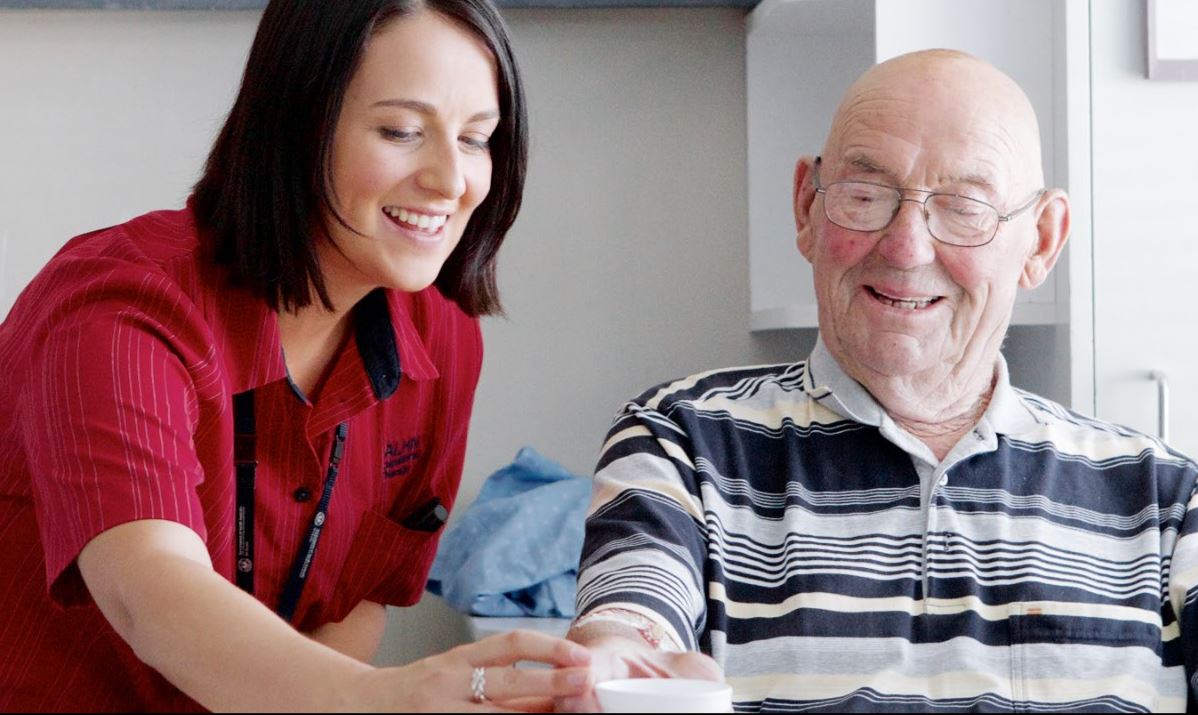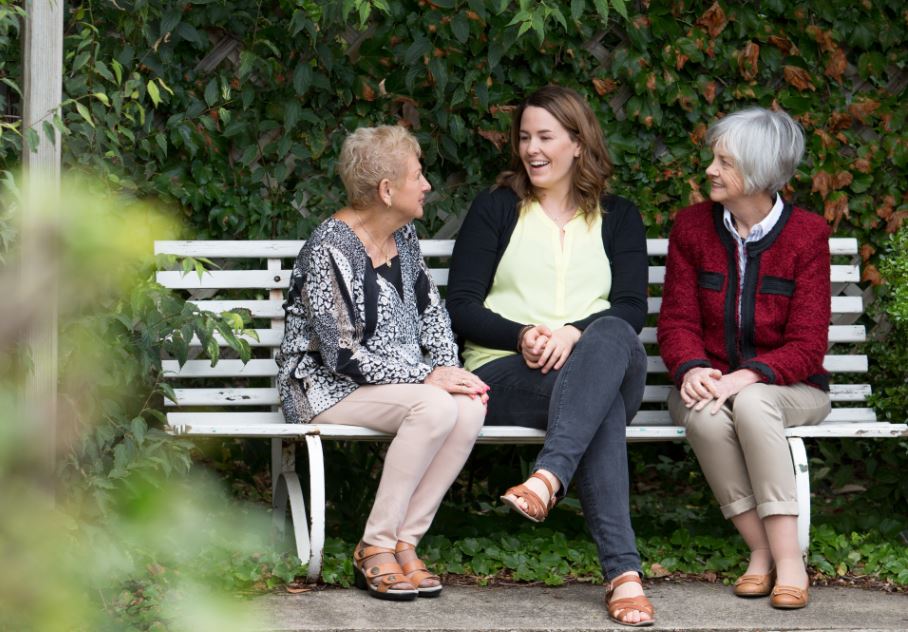
The Royal Commission into Aged Care Quality and Safety has highlighted an urgent need to improve the psychological and emotional wellbeing of aged care users - and new research by Flinders University's Dr Monica Cations will investigate innovative strategies to address this significant problem.
Dr Cations' new research has been made possible with a new National Health and Medical Research Council and Medical Futures Research Fund (MRFF) Investigator Grant.
The psychological and emotional wellbeing of older people is chronically neglected in aged care environments, and access to and uptake of mental health services among aged care users is low.
Dr Cations' program of research - 'Meeting psychological needs to improve the quality and safety of aged care' - will examine the barriers to accessing mental health services among older people and investigate whether frameworks that prioritise psychological needs could be applied to improve the quality and safety of aged care.
She notes there is currently a fundamental lack of expertise and knowledge about how to meet psychological needs in the complex aged care sector.
"Aged care has been dominated to date by a medicalised model that prioritises physical health. This means that it's easy to neglect the emotional and psychological needs of older people, contributing to the devastating consequences we have heard about in the Royal Commission," says Dr Cations
"What is most concerning is that unmet psychological needs can lead to chemical restraint in aged care settings."
Her work will generate new evidence about the best ways to implement innovation and change in aged care settings.

Dr Cations, a provisional psychologist and epidemiologist, has worked in the ageing and dementia field for over a decade and is particularly interested in the impact of psychological trauma in older age.
"Living through a psychologically traumatic event, as 70 per cent of older people have, can have important implications when accessing aged care," she says.
"The person caring for you, the environment, and the type of care you receive can trigger reactions that can be difficult to understand, especially if you also have dementia.
"This research will help us to learn whether amending our practices to meet trauma-related needs can improve the experiences of older survivors using care."
Dr Cations points to the Interim Report by the Royal Commission into Aged Care Quality and Safety as impetus for the new research, and hopes it will urge the Government to introduce comprehensive reform to aged care with a focus on wellbeing, dignity and respect.
"Achieving this goal will require clinical and research leadership to implement evidence-based change in Australia's vast aged care sector, delivered by more than 350,000 people across almost all service settings," she says.
Beyond the five-year research program, Dr Cations hopes to demonstrate the imperative for increased funding for mental health services for aged care users both in the community and in residential care settings.
She hopes her research will help to facilitate wider implementation of innovation of strategies to promote emotional wellbeing in aged care.
"The translational elements of my research plan directly target care practices to improve aged care user experiences and staff skills."






